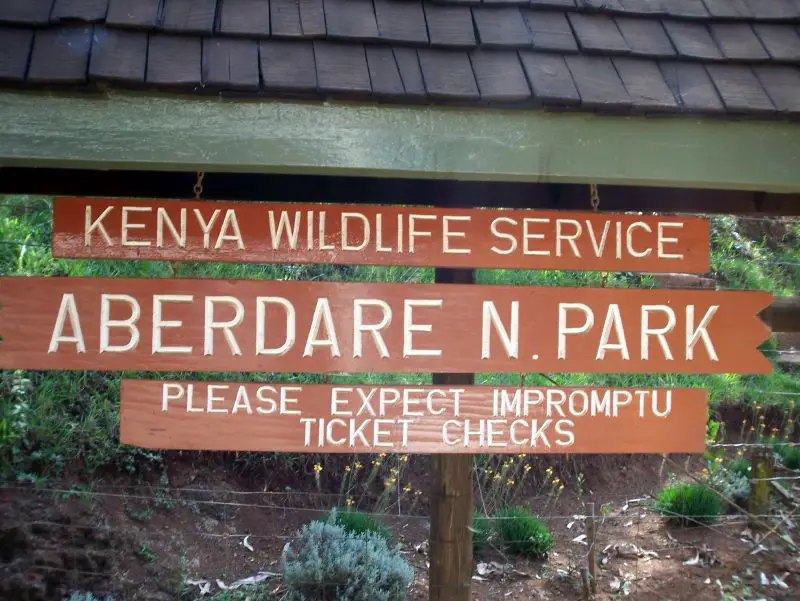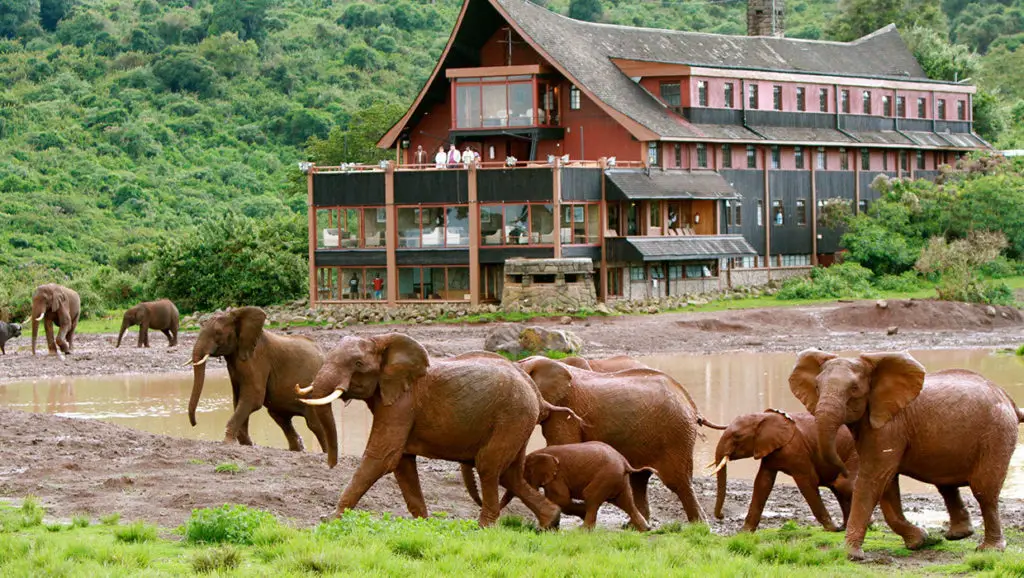Education in Mandera Town, Kenya, faces significant challenges due to the region’s unique geographical, cultural, and socio-economic factors. As the capital of Mandera County, the town struggles with low literacy rates, limited infrastructure, and a shortage of qualified teachers.
Despite these obstacles, efforts are being made to improve access to quality education through government initiatives, NGO involvement, and community-based programs.
What is the current state of education in Mandera Town?
The state of education in Mandera Town is characterized by:
- Low literacy rates (approximately 9.9% for the county)
- Limited access to quality educational facilities
- Shortage of qualified teachers
- High dropout rates, especially among girls
- Inadequate infrastructure and learning resources
- Cultural barriers affecting education, particularly for girls
What types of educational institutions are available in Mandera Town?
Mandera Town offers several types of educational institutions:
- Public primary schools
- Public secondary schools
- Private schools (limited in number)
- Islamic schools (madrasas)
- Adult education centers
- Vocational training institutes
- Teacher training colleges
What is the literacy rate in Mandera Town?
The literacy rate in Mandera County, which includes Mandera Town, is approximately 9.9%. This is significantly lower than the national average for Kenya, which stands at around 78.7%.
How does the education system in Mandera Town compare to the rest of Kenya?
A comparison of education in Mandera Town to the national average:
| Aspect | Mandera Town | National Average |
|---|---|---|
| Literacy Rate | 9.9% | 78.7% |
| Teacher-Student Ratio | Higher | Lower |
| Access to Schools | Limited | Better |
| Quality of Infrastructure | Poor | Varied |
| Gender Parity in Education | Low | Higher |
| Transition Rate to Secondary | Lower | Higher |
What are the main challenges facing education in Mandera Town?
Key challenges in Mandera Town’s education sector include:
- Inadequate infrastructure and learning resources
- Shortage of qualified teachers
- Cultural barriers, especially for girls’ education
- Poverty and economic constraints
- Security concerns due to the border location
- Nomadic lifestyle of some families
- Language barriers (Somali vs. English/Swahili)
- Limited access to technology and modern learning tools
How does the government support education in Mandera Town?
The government supports education in Mandera Town through:
- Free primary education policy implementation
- Construction and renovation of school buildings
- Provision of learning materials
- Teacher recruitment and deployment programs
- School feeding programs in some institutions
- Adult education initiatives
- Collaboration with NGOs and international organizations
What role do NGOs and international organizations play in Mandera’s education sector?
NGOs and international organizations contribute to education in Mandera Town by:
- Implementing educational projects and programs
- Providing additional resources and infrastructure
- Offering teacher training and capacity building
- Supporting girls’ education initiatives
- Addressing specific educational needs (e.g., special needs education)
- Advocating for policy changes and improvements
How does gender affect education in Mandera Town?
Gender significantly impacts education in Mandera Town:
- Girls face more barriers to education than boys
- Early marriages and cultural practices affect girls’ school attendance
- Gender-based violence and discrimination discourage girls’ participation
- Lack of proper sanitation facilities in schools affects girls’ attendance
- Efforts are being made to promote girls’ education through targeted programs
What is the state of early childhood education in Mandera Town?
Early childhood education in Mandera Town is characterized by:
- Limited availability of formal pre-primary institutions
- Reliance on informal and community-based early learning centers
- Challenges in providing adequate resources and trained teachers
- Efforts to integrate early childhood education into the formal system
- Cultural practices influencing early childhood education approaches
How does the nomadic lifestyle of some residents affect education in Mandera Town?
The nomadic lifestyle impacts education in Mandera Town through:
- Irregular school attendance due to family movements
- Challenges in providing consistent education to mobile populations
- Need for flexible and mobile education systems
- Cultural conflicts between traditional lifestyles and formal education
- Efforts to implement mobile schools and distance learning programs
What vocational training opportunities are available in Mandera Town?
Vocational training in Mandera Town includes:
- Technical training institutes offering courses in various trades
- Youth polytechnics providing practical skills training
- Adult education centers with vocational components
- NGO-run programs focusing on specific skills (e.g., tailoring, carpentry)
- Challenges in aligning training with local job market needs
How does technology impact education in Mandera Town?
Technology’s impact on education in Mandera Town is limited but growing:
- Challenges in access to electricity and internet connectivity
- Limited availability of computers and digital learning tools in schools
- Growing use of mobile phones for educational purposes
- Potential for e-learning and distance education programs
- Need for teacher training in technology integration
What initiatives are in place to improve teacher quality in Mandera Town?
Initiatives to improve teacher quality include:
- In-service teacher training programs
- Incentives to attract and retain qualified teachers
- Partnerships with teacher training institutions
- Mentorship programs for new teachers
- Efforts to address teacher shortages through accelerated training programs
How does special needs education feature in Mandera Town?
Special needs education in Mandera Town is characterized by:
- Limited specialized facilities and resources
- Lack of trained special needs educators
- Growing awareness of inclusive education
- Efforts by NGOs to support children with disabilities
- Challenges in cultural acceptance and understanding of special needs
What is the state of adult education in Mandera Town?
Adult education in Mandera Town includes:
- Basic literacy and numeracy programs
- Functional adult literacy classes
- Vocational skills training for adults
- Challenges in reaching nomadic and rural populations
- Efforts to integrate adult education with community development initiatives
How does the education sector contribute to the local economy of Mandera Town?
The education sector contributes to Mandera Town’s economy through:
- Employment opportunities for teachers and support staff
- Demand for educational supplies and services
- Attraction of professionals and resources from other regions
- Development of human capital for local businesses and institutions
- Potential for educational tourism and conferences
What role do religious schools play in Mandera Town’s education system?
Religious schools, particularly Islamic schools (madrasas), play a significant role:
- Provide religious education alongside basic literacy and numeracy
- Often more accessible and culturally acceptable than secular schools
- Face challenges in integration with the national curriculum
- Contribute to preservation of cultural and religious values
- Efforts to bridge religious and secular education systems
How does the language of instruction affect education in Mandera Town?
Language of instruction impacts education in Mandera Town:
- Official languages (English and Swahili) vs. local language (Somali)
- Challenges for students in transitioning from home language to instruction language
- Need for multilingual teaching resources and strategies
- Efforts to incorporate mother tongue instruction in early years
- Debate on the balance between local language preservation and national language proficiency
What higher education opportunities are available in Mandera Town?
Higher education opportunities in Mandera Town are limited:
- No full-fledged universities within the town
- Presence of satellite campuses or learning centers of national universities
- Distance learning programs from various institutions
- Challenges in accessing higher education due to geographical and economic factors
- Efforts to establish a local university or expand existing higher education facilities
How does the community participate in education development in Mandera Town?
Community participation in education development includes:
- Parent-teacher associations and school management committees
- Community mobilization for school enrollment and attendance
- Contributions to school infrastructure and resources
- Involvement in decision-making processes
- Cultural education and knowledge sharing
In conclusion, education in Mandera Town, Kenya, faces numerous challenges stemming from its geographical location, cultural context, and socio-economic factors. The town struggles with low literacy rates, limited infrastructure, and a shortage of qualified teachers.
However, efforts are being made by the government, NGOs, and the community to improve access to quality education. Key focus areas include enhancing infrastructure, addressing gender disparities, improving teacher quality, and adapting education to the unique needs of the local population, including nomadic communities.
While progress has been made, significant work remains to bring education in Mandera Town up to national standards and to ensure that all residents have access to quality learning opportunities.



